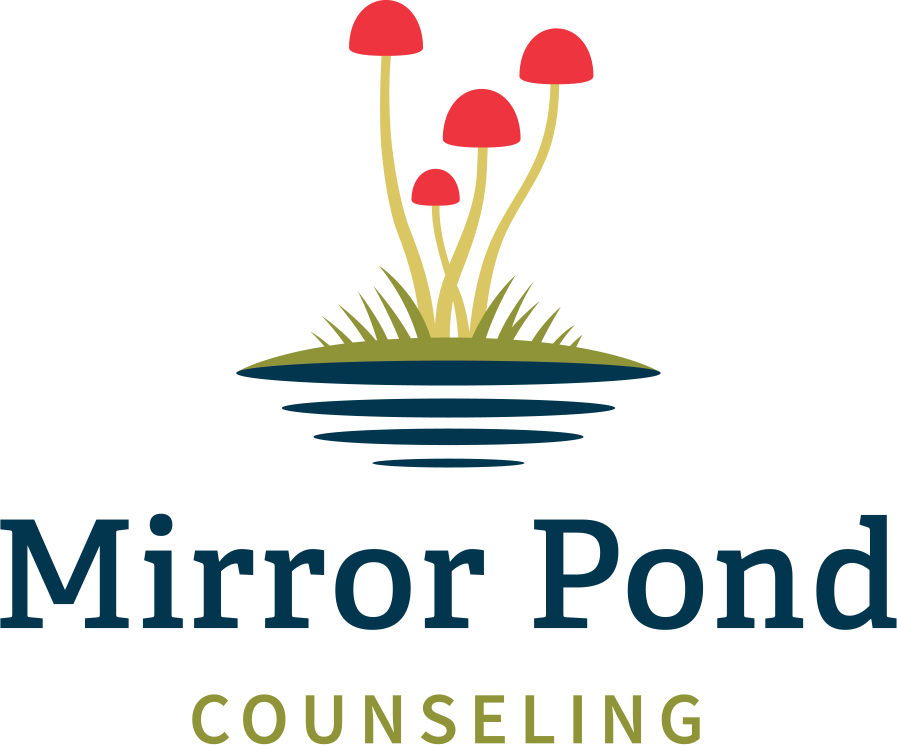Ketamine and Addiction: A Therapist’s Perspective
When I first started exploring Ketamine-Assisted Psychotherapy (KAP) as part of my work with clients, I was both excited and curious. Could this treatment really help people break free from the grip of depression, trauma, and even addiction? Over time, I’ve witnessed the profound transformations it can create, and it’s been nothing short of inspiring.
Addiction is one of the most complex challenges people face, and if you’re reading this, either for yourself or someone you love, I want you to know there is hope. In this blog, I’d like to share why ketamine, when used in a safe and supportive way, is changing lives—and how it can help in the journey toward recovery.
Understanding Addiction Through a Therapist’s Eyes
Addiction doesn’t happen in a vacuum. It’s not simply a bad habit or lack of willpower. Often, it’s tied to deep emotional pain, unresolved trauma, or patterns of self-soothing that no longer serve us. Over the years, I’ve worked with many clients who feel trapped in cycles of addiction, desperately wanting change but unable to find the path forward.
Traditional therapies and recovery programs can be effective, but sometimes they aren’t enough. This is where ketamine comes in—not as a replacement for those tools, but as a powerful addition to them.
How Ketamine Helps with Addiction
When someone asks me how ketamine works, I often describe it as a reset button for the brain. It affects the glutamate system, which helps the brain rewire itself. For someone struggling with addiction, this can mean breaking free from the well-worn pathways that drive cravings and compulsive behaviors.
Here’s what I’ve seen in my work:
Cravings Ease: Ketamine seems to quiet the relentless voice of addiction that says, “You need this.” For many, it’s the first time they’ve felt relief from that constant pull.
Emotional Healing Begins: Addiction is often fueled by unprocessed trauma. Ketamine opens a door to those emotions in a way that feels safe and manageable, allowing us to work through them together in therapy.
Mood Improves: It’s not uncommon for addiction to go hand in hand with depression or anxiety. Ketamine can lift those heavy emotions, helping clients feel hopeful again.
Is Ketamine Addictive?
One of the first questions people ask is whether ketamine itself can become addictive. Let me reassure you: when used therapeutically, ketamine is not addictive.
Here’s why:
It’s Carefully Monitored: As a therapist providing KAP, I work with trained medical professionals to ensure the right dose is given in a safe, controlled environment.
The Focus Is Healing, Not Escape: Unlike recreational use, where people seek to numb or escape, KAP is about using ketamine as a tool to dig deeper into emotions and patterns.
It’s Time-Limited: KAP isn’t something you do indefinitely. The treatment is structured, with a limited number of sessions tailored to your needs.
In fact, research shows that ketamine might even reduce cravings and help people disengage from addictive substances. That’s been my experience with clients as well—it creates space for healing rather than introducing another dependency.
What Happens During KAP?
Each person’s journey with KAP is unique, but here’s how it typically looks:
You’ll receive a carefully measured dose of ketamine in a calm, supportive environment. For some, this feels like a dreamlike state; for others, it’s a chance to step outside their usual mental “loops” and see things from a new perspective.
My role is to be there with you—before, during, and after the session. I’ll guide you through what comes up, help you make sense of it, and work with you to integrate those insights into real, lasting change.
Why Integration Matters
I often say that the real magic of ketamine isn’t just what happens during the session—it’s what happens after. The insights and emotions that surface during KAP need to be processed and applied to your everyday life. That’s why integration therapy is so important.
Together, we’ll explore what the experience meant for you, how it connects to your addiction, and what steps you can take moving forward.
A Holistic Approach to Recovery
Ketamine is an incredible tool, but it’s not a standalone solution. Recovery is a journey that often involves:
Therapy: Exploring the root causes of addiction.
Community Support: Building relationships and accountability through groups or trusted networks.
Lifestyle Shifts: Embracing practices like mindfulness, exercise, and healthy routines to support your mind and body.
Finding Hope in the Journey
When I sit with a client who feels trapped in addiction, I can see the weight they carry. But I’ve also seen the incredible lightness that can come when healing begins. Ketamine is just one part of that process, but it’s a part that can make a world of difference.
If you’re curious about KAP and whether it might be right for you or someone you love, I’m here to help. Recovery is possible. Healing is possible. You don’t have to walk this road alone.
Feel free to reach out with any questions—I’d be honored to be part of your journey toward hope and freedom.
Article Written by: Amber Bishop, MA, CADC
Amber is a substance abuse and trauma counselor. Before she ever stepped into her role as a professional counselor, she had been on her own journey of recovery. She understands firsthand how overwhelming and isolating the process can feel, but also the profound healing and growth that are possible on the other side. Her experiences inspire her to work with empathy, authenticity, and a deep respect for the courage it takes to face pain and rebuild. In addition to traditional counseling, she offers EMDR therapy, a powerful tool for processing trauma and finding relief. Her goal is to create a safe, supportive space where her clients can explore their struggles, discover resilience, and reclaim their lives, just has she has.
